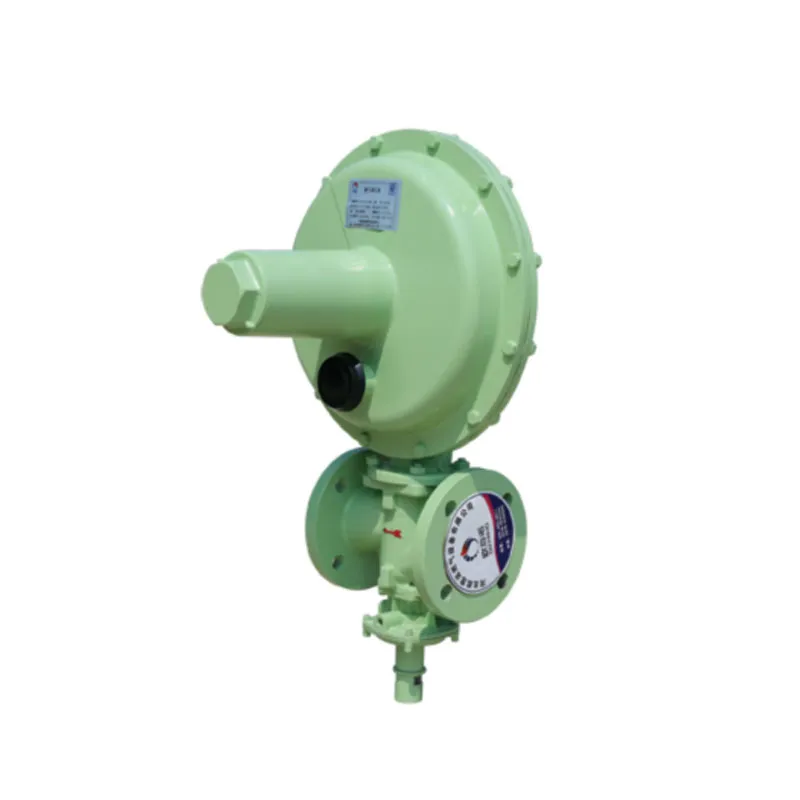
12 月 . 05, 2024 11:13
Back to list
natural gas filtration
Natural Gas Filtration Ensuring Clean Energy for a Sustainable Future
Natural gas, often hailed as a cleaner alternative to coal and oil, has become a cornerstone of the global energy landscape. As the demand for energy continues to skyrocket, the importance of ensuring the purity and safety of natural gas cannot be overstated. Natural gas filtration plays a crucial role in this process, removing impurities and ensuring that the gas is safe for combustion and distribution.
The Need for Filtration
Natural gas, while primarily composed of methane, can contain various impurities that may affect its quality and functionality. These impurities can include water vapor, carbon dioxide, hydrogen sulfide, and particulate matter. If these contaminants are not adequately removed, they can lead to corrosion, inefficiency in combustion, and even hazardous emissions. Therefore, an effective filtration system is vital for maintaining the integrity of natural gas, ensuring that it meets regulatory standards and operational requirements.
Types of Impurities
1. Water Vapor Water can lead to hydrate formation in pipelines, which can block the flow of gas. It may also cause corrosion in pipelines and equipment. Therefore, desiccants or glycol dehydration methods are often employed to remove moisture.
2. Solid Particulates Dust, dirt, or other solid particles can enter the gas during extraction and transportation. These particulates can damage equipment and lead to inefficient combustion if not filtered out. Typically, coalescing filters or cartridge filters are used to capture these solids.
3. Hydrogen Sulfide (H2S) This toxic gas is naturally occurring in some natural gas sources. Removal of H2S is critical not only for meeting environmental standards but also to protect personnel and equipment from its corrosive effects. Processes like amine gas treating are commonly used for this purpose.
4. Carbon Dioxide (CO2) CO2 does not pose an immediate threat to health, but it is a greenhouse gas that contributes to climate change. Additionally, its presence can reduce the heating value of natural gas. Technologies such as membrane separation and solvent absorption are utilized to decrease CO2 levels in natural gas.
Filtration Technologies
natural gas filtration

Advancements in filtration technologies are continually evolving to meet the increasing demand for cleaner natural gas. Various methods are employed, including
1. Mechanical Filtration This involves physical barriers that trap larger particles and debris. It is often the first line of defense in natural gas filtration systems.
2. Chemical Absorption This method uses chemicals to selectively react with or absorb specific impurities, making it particularly useful for gases like hydrogen sulfide and carbon dioxide.
3. Membrane Separation Innovative membrane technologies selectively allow certain molecules to pass while retaining others. This method is becoming increasingly popular for CO2 removal due to its efficiency and low energy consumption.
4. Cryogenic Distillation This advanced technique involves cooling natural gas to extremely low temperatures to separate gases based on their boiling points. It’s often used in liquefied natural gas (LNG) processes.
Environmental Benefits
The environmental implications of effective natural gas filtration are significant. By removing harmful contaminants, filtration contributes to lower emissions of sulfur compounds and greenhouse gases, supporting efforts to combat climate change. Furthermore, cleaner natural gas can facilitate the transition to renewable energy sources by providing a more stable and efficient energy supply that can complement intermittent renewables like solar and wind.
Conclusion
As the world shifts towards more sustainable energy practices, the importance of natural gas filtration will only grow. It ensures that natural gas remains a viable energy source that can meet today’s energy demands while minimizing environmental impact. By investing in advanced filtration technologies and methods, the natural gas industry can continue to provide a cleaner energy alternative, paving the way for a more sustainable future. Ensuring the purity of natural gas is not merely a technical necessity; it is a critical component of responsible energy management and environmental stewardship.
Next:
Latest news
-
Unlocking The Quality Gas Pressure ReducersNewsNov.01,2024
-
The Role of Gas Pressure Reducing StationsNewsNov.01,2024
-
The Importance and Functionality of Safety Relief ValvesNewsNov.01,2024
-
The Essential Role of Safety Valves in Natural Gas ApplicationsNewsNov.01,2024
-
The Essential Role of Gas Pressure RegulatorsNewsNov.01,2024
-
Enhance Your Premium Gas FiltersNewsNov.01,2024

